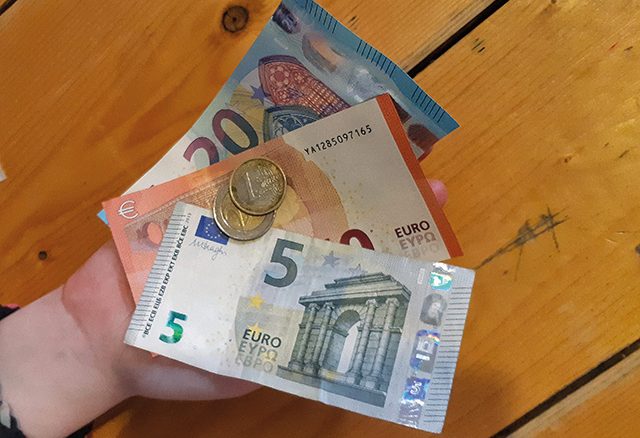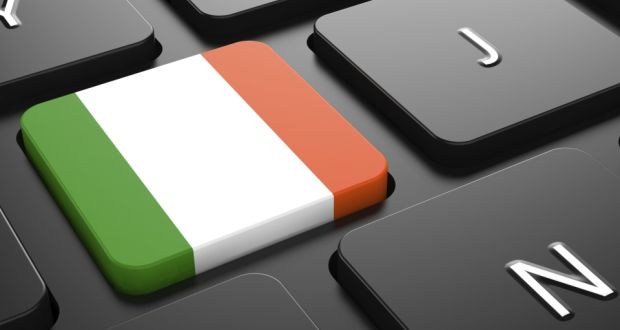
[dropcap]T[/dropcap]he cost of living crisis has been in the news cycle for many weeks now, as the rate of inflation continues to increase. That is having a negative effect on many aspects of life in Ireland, but what affect will this have on students?
Kieran McQuinn, Research Professor at the Economic and Social Research Institute (ESRI), has said inflation will affect students “mainly negatively”, naming various aspects of student life coming under rising costs.
“The major driver of inflation is energy costs, so when you go to pay energy bills in your accommodation, if your rent is including your energy bills then you may be insulated from the increases in the short term,” Mr. McQuinn said, adding those who pay for their energy separate from their rent will experience a “direct impact”.
Professor McQuinn said that the planned €200 rebate on energy costs for every Irish household will not be enough “for what is likely to happen”.
The rebate, announced last week as part of the Government’s cost of living package to attempt to alleviate the damage caused by higher inflation, could benefit those mainly who pay for energy outside of their student accommodation rent.
The Government has said the extra credit will apply automatically to electricity bills through the March and April billing cycle, or be a €200 credit on pay-as-you-go energy users.
Mr. McQuinn also said inflation will also affect those socialising, due to increased wages in the retail and hospitality industries.
“The danger with inflation is that people who are working look for higher wages to be compensated for higher prices,” Professor McQuinn said, adding “if in a pub wages increase to meet the higher cost from inflation, the owner of the pub will more than likely first increase the prices of the food and drink in the pub to compensate for the extra cost of higher wages”.
Mr. McQuinn also added that those increased wages will also mean pressure on the jobs market, explaining that employers will not be able to pay the higher wages to more people, meaning employment opportunities will fall.
The Government also announced that public transport fares will be reduced by 20% from April.
This cut in fares will cost the exchequer €54 million, benefitting 800,000 users on providers such as Bus Éireann, Dublin Bus, Iarnród Éireann, Luas and DART.
Minister for Public Expenditure Micheal McGrath confirmed that those who purchased a yearly travel card will “get an extra credit” to acknowledge this reduction.
When asked in a press conference if this reduction would be temporary, McGrath said it would last until the end of this year, with an “in depth review” of funding needs for public transport providers already underway.
Prior to the announcement on the reduction of fares, it was announced that a new Student Travel Card would be introduced at the start of 2022, with a further 25% reduction in fares from the current reduced fares on the Student Leap Card.
However, a spokesperson for the Department of Transport has told The College View that this reduction has increased to 50% across all services, including city, intercity and rural services.
The spokesperson also confirmed that the introduction of the card has been pushed back to “later this year”.
“This will not only promote modal shift in the transport sector among this age group but should also contribute towards a reduced reliance on private transport with associated benefit of transport emission savings”.
Matthew Joyce
Image Credit: Carrie McMullan



